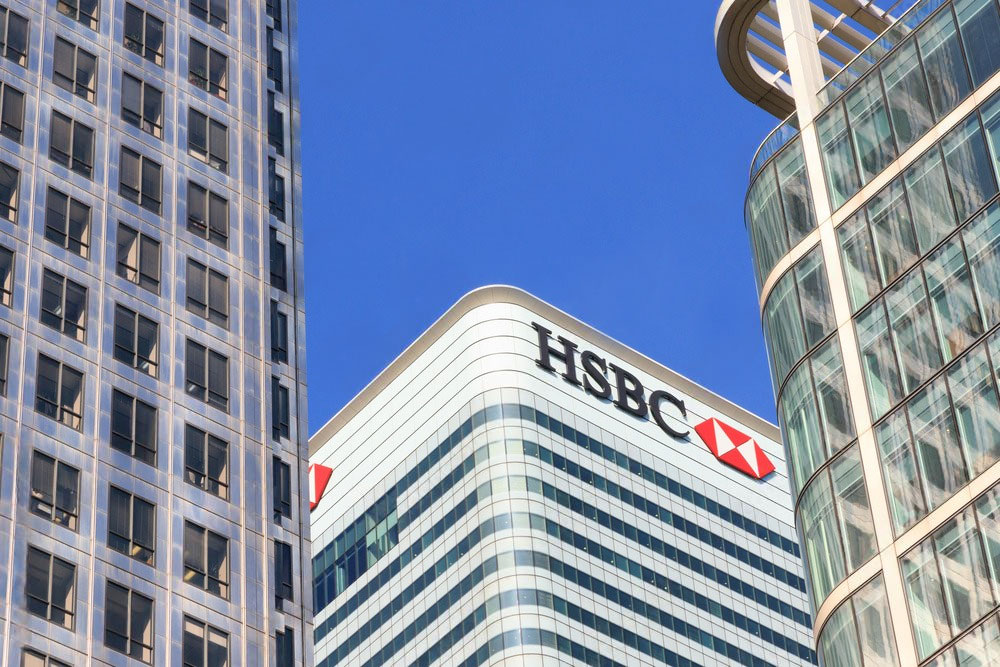UK Mortgage Lenders Slash Rates and Ease Rules Amid Global Economic Turmoil
In a significant development for the UK housing market, major lenders including HSBC, the Co-operative Bank, Halifax, and Lloyds Bank have announced reductions in mortgage rates and eased borrowing criteria. This move appears to be a strategic response to financial uncertainties triggered by recent US tariffs, intensifying competition among mortgage providers.
HSBC and Co-op Bank Lead with Rate Cuts
HSBC has reduced its standard variable rate on residential mortgages from 6.99% to 6.74%, marking its lowest level since January 2023. Additionally, the bank is expanding mortgage availability for foreign nationals residing in the UK by aligning lending criteria for direct applicants with those introduced for broker-originated applications in September 2024. This includes allowing up to 95% loan-to-value (LTV) for applicants with indefinite leave to remain and increasing the maximum LTV from 75% to 85% for certain other applicants.
The Co-operative Bank has also trimmed rates on two- and three-year fixed deals by up to 0.26 percentage points for homebuyers and up to 0.18 points for remortgagers.
Halifax and Lloyds Ease Borrowing Rules
Halifax, the UK’s largest mortgage lender, is set to reduce rates by up to 0.71 percentage points from Friday, with a five-year fixed deal priced at 5.39% down from 6.10%. The bank is also relaxing affordability rules, lowering stress test rates, and enabling borrowers to qualify for larger loans. As a result, a typical household could now borrow approximately £38,000 more, enhancing borrowing capacity by about 13%.
Lloyds Bank, among others, is following suit by easing lending criteria, a move expected to benefit first-time buyers and families with low deposits. The number of low-deposit (up to 95% loan-to-value) mortgage deals has reached its highest level since 2008.
Market Dynamics and Global Influences
These developments come amid global economic concerns driven by recent US tariffs, which have disrupted markets and negatively impacted borrowing costs. The tariffs have led to a drop in swap rates—benchmarks used to set fixed-rate mortgage pricing—prompting banks to offer lower rates on fixed mortgage deals. Experts suggest the tariffs could stifle UK economic growth, potentially necessitating deeper rate cuts to avert recession.
Implications for Borrowers
The intensified competition among lenders is expected to benefit borrowers, particularly first-time buyers and those with low deposits. With more accessible mortgage deals and relaxed borrowing criteria, prospective homeowners may find it easier to enter the housing market. However, while these changes offer some relief, mortgage rates remain higher than the ultra-low levels seen in previous years.
As the situation evolves, borrowers are advised to stay informed about the latest offerings and consider consulting with financial advisors to navigate the changing mortgage landscape.

